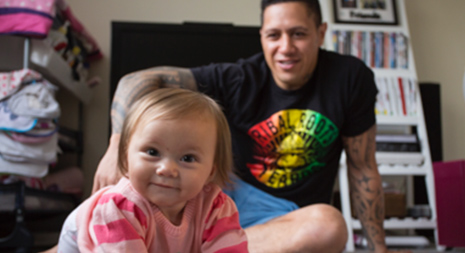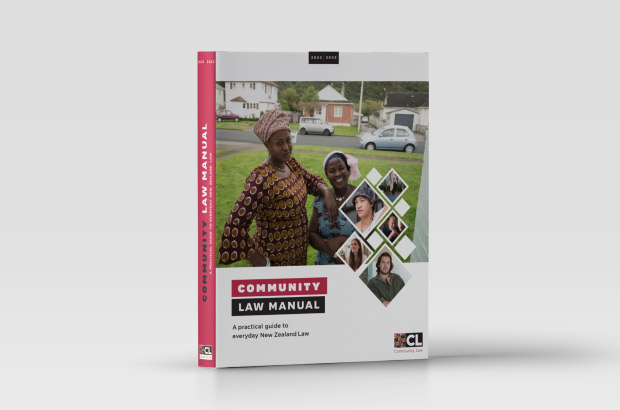Protections against family violence
Types of relationships covered by the family violence laws
What is a “family relationship”?
Family Violence Act 2018, ss 12–14
For violence to be “family” violence, the two people must be in a “family relationship”. That doesn’t mean you have to be living together.
Two people are in a family relationship if they are:
- partners or spouses, or
- family members, or
- sharing a household, or
- in a close personal relationship, which can include a caregiver relationship.
These types of relationships are explained in more detail below.
Partners and spouses
This includes people who are, or who have been:
- married or in a civil union together
- a de facto couple
- biological parents of the same child.
Family members
”Family” includes people who are:
- related by blood, marriage, civil union, de facto relationship, or adoption, or
- members of the same whānau or other culturally recognised family group.
People who share a household
Family Violence Act 2018, s 13
”Sharing a household” means more than just living in the same building. There must be some interaction and shared responsibilities – like with flatmates, for example. It also has to be more than just a landlord-tenant relationship.
People in a close personal relationship
Family Violence Act 2018, s 14
Whether two people are in a “close personal relationship,” as the term is used in the family violence laws, will depend on what kind of relationship it is and how intense it is. In particular, it will depend on:
- how much time the people spend together, and
- how and where that time is usually spent, and
- how long the relationship has existed for.
There doesn’t have to be a sexual relationship for a close personal relationship to exist. It can include a variety of relationship types, including caregiver relationships.
You won’t be in a close personal relationship with the other person just because the other person is your boss or employee or co-worker.
What if there isn’t a “family relationship”?
If you’re not in a family relationship with the violent or abusive person, you should still contact the police. The other person may have committed a criminal assault, or another offence such as criminal harassment under the Harassment Act 1997.
If the other person hasn’t committed a criminal offence, you may be able to apply to the District Court for a restraining order against them under the Harassment Act, which covers some types of abusive behaviour outside of family or household situations (see: “Getting protection under the Harassment Act”).


